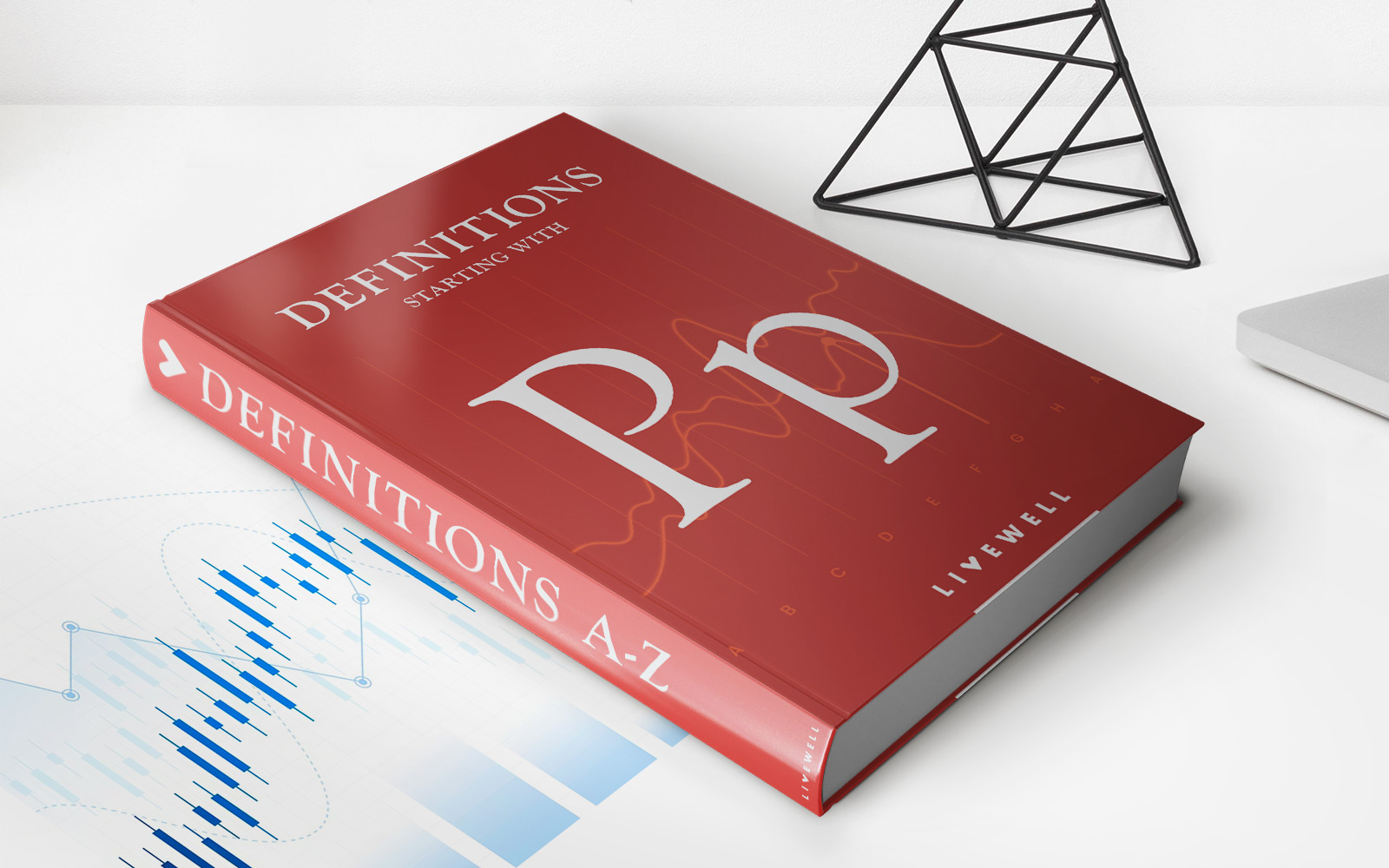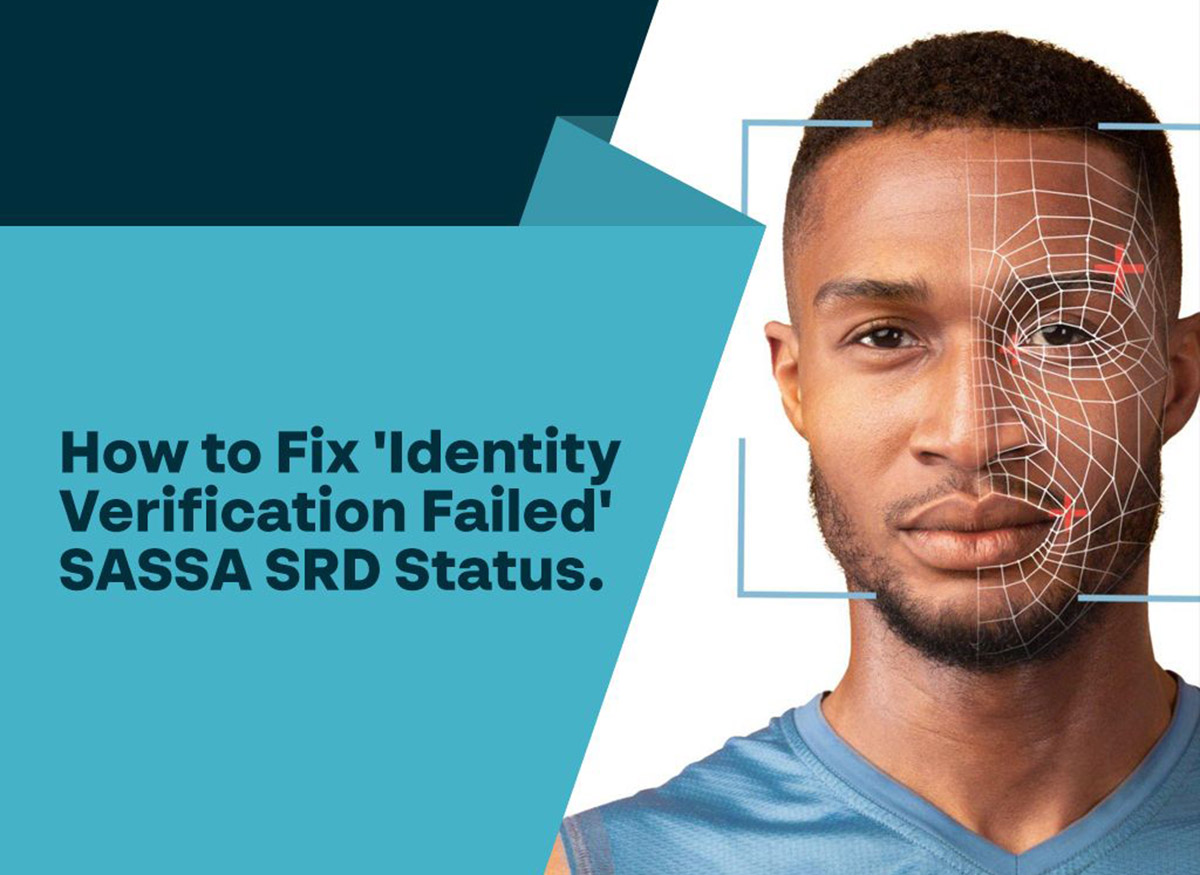Home>Finance>How Long Can You Be On Your Parents Car Insurance?


Finance
How Long Can You Be On Your Parents Car Insurance?
Published: November 5, 2023
Discover how long you can stay on your parents' car insurance and save money. Learn smart finance tips for young drivers.
(Many of the links in this article redirect to a specific reviewed product. Your purchase of these products through affiliate links helps to generate commission for LiveWell, at no extra cost. Learn more)
Table of Contents
- Introduction
- Age Limit for Staying on Parents’ Car Insurance
- Student Status and Its Impact on Car Insurance Coverage
- Moving Out and Its Effect on Car Insurance Coverage
- Marriage and Its Influence on Parental Car Insurance
- Underlying Factors Affecting Car Insurance Eligibility
- Steps to Take When No Longer Eligible for Parental Car Insurance
- Conclusion
Introduction
When it comes to car insurance, many young drivers wonder how long they can stay on their parents’ car insurance. Car insurance can be quite pricey for young drivers, especially those who are just starting out and have limited driving experience. Being able to stay on their parents’ car insurance can provide financial relief and peace of mind. However, there are specific factors and limitations that determine how long a young driver can stay on their parents’ car insurance.
Car insurance is typically purchased by the primary policyholder, who is responsible for insuring their vehicle and any additional drivers under their coverage. In most cases, parents include their teenage children on their car insurance policy to help them save money on premiums and ensure they have adequate coverage while they gain driving experience.
While the rules may vary depending on the insurance provider and state regulations, there are some general guidelines when it comes to the age limit for staying on parents’ car insurance. As young drivers reach certain milestones in their lives, they may need to make adjustments to their car insurance coverage to ensure they are properly insured and compliant with insurance regulations.
Age Limit for Staying on Parents’ Car Insurance
One of the key factors that determine how long a young driver can stay on their parents’ car insurance is their age. Most insurance providers have an age limit for dependents to remain on their parents’ policy, usually around the age of 25. Once a driver reaches this age, they are typically expected to obtain their own car insurance coverage.
The age limit may vary slightly depending on the insurance provider and state regulations. Some insurance companies may allow young drivers to stay on their parents’ policy until they are 26 or even 30 years old. However, it’s important for young drivers and their parents to carefully review their insurance policy and consult with their insurance agent to understand the specific age limit outlined in their policy.
It’s worth noting that the age limit for staying on parents’ car insurance is not set in stone. Certain circumstances can impact the age limit and allow a young driver to remain on their parents’ policy for an extended period. Factors such as student status, marital status, and living arrangements can influence the age at which a driver must obtain their own insurance coverage.
Student Status and Its Impact on Car Insurance Coverage
For many young drivers, attending college or university is a significant milestone. As students, they may wonder how their educational status can impact their car insurance coverage and whether they can continue to stay on their parents’ policy.
In many cases, students can remain on their parents’ car insurance while they are attending school, even if they are living away from home. This is because most insurance providers consider students as dependents as long as they are primarily living with their parents and their permanent address is still their parents’ home.
However, there are some important factors to consider when it comes to car insurance coverage for students. Insurance companies may impose certain requirements, such as maintaining a minimum grade point average (GPA) or residing within a certain distance from the educational institution. These requirements may vary among insurance providers, so it’s crucial to review the policy and consult with the insurance agent to ensure compliance.
Additionally, students who own their own vehicle may need to obtain their own separate insurance policy, even if they are still listed as a dependent on their parents’ policy. This is because the ownership of the vehicle may be a determining factor for insurance coverage.
It’s also important to note that once students complete their education and are no longer enrolled in school, they may need to obtain their own car insurance policy. At this stage, they are typically considered independent from their parents and are responsible for their own insurance coverage.
Overall, student status can have an impact on car insurance coverage, but there are often options for students to remain on their parents’ policy as long as certain criteria are met. It’s essential to understand the specific requirements set by the insurance provider and consult with an insurance agent to ensure appropriate coverage.
Moving Out and Its Effect on Car Insurance Coverage
As young adults grow and become more independent, many choose to move out of their parents’ homes and establish their own residences. However, this transition can have implications for their car insurance coverage. When a young driver moves out, they need to consider whether they can continue to stay on their parents’ car insurance or if they need to secure their own policy.
In general, insurance providers require that the primary address listed on the car insurance policy matches the driver’s permanent residence. If a young driver moves out and establishes their own residence, they will need to update their insurance information accordingly. This typically involves obtaining their own car insurance policy that reflects their new address.
There are some scenarios in which a young driver may still be able to stay on their parents’ car insurance even if they have moved out. For example, if they move to a residence near their parents and still consider their parents’ home as their primary residence, they may be eligible to remain on the policy. However, each insurance provider has its own guidelines regarding this situation.
It’s important for young drivers who are moving out to discuss the situation with their insurance agent to determine the best course of action. Failing to update the insurance policy with the correct information can result in coverage issues and potential claim denials in the event of an accident.
Additionally, it’s worth noting that if a young driver moves to a different state, they will likely need to obtain car insurance coverage specific to that state. Each state has its own insurance requirements and regulations, so it’s crucial to comply with the laws of the new state of residence.
When moving out of their parents’ homes, young drivers must consider the effect it will have on their car insurance coverage. It is important to communicate and work with their insurance provider to ensure that their coverage is updated and in line with their new living situation.
Marriage and Its Influence on Parental Car Insurance
Marriage is a significant life event that can have various implications, including its effect on parental car insurance coverage for young drivers. Getting married often changes a person’s financial and legal status, and it can impact their car insurance coverage as well.
When a young driver gets married, their insurance needs may change, and they may need to reevaluate their car insurance coverage. In many cases, married individuals are required to have their own car insurance policies, separate from their parents’ coverage. This is because marriage is considered a milestone that signifies increased independence and responsibility.
If a young driver decides to continue staying on their parents’ car insurance after getting married, it’s crucial to inform the insurance provider about the change in marital status. Failure to disclose this information can lead to coverage issues or claim denials down the line.
However, there are some instances where a married individual may still be able to stay on their parents’ car insurance. For example, if the married couple lives with the young driver’s parents and considers their parents’ home as their primary residence, they may be allowed to remain on the policy. It’s important to note that each insurance provider has its own rules and guidelines regarding this situation, so it’s essential to consult with the insurance agent for clarification.
Furthermore, when a young driver gets married, they may qualify for certain discounts or benefits that can help reduce their insurance premiums. Many insurance companies offer married individuals favorable rates, as statistics show that married individuals are generally considered to be more responsible drivers.
In summary, marriage can influence parental car insurance coverage for young drivers. In most cases, getting married will require a young driver to obtain their own car insurance policy. However, there may be exceptions depending on the specific circumstances, and it’s important to communicate with the insurance provider to ensure appropriate coverage and compliance with their policies.
Underlying Factors Affecting Car Insurance Eligibility
While age, student status, moving out, and marriage are significant factors in determining how long a young driver can stay on their parents’ car insurance, there are other underlying factors that can affect car insurance eligibility. Insurance providers take these factors into consideration when determining coverage and premiums for young drivers.
Driving Record: One of the most influential factors in car insurance eligibility is the individual’s driving record. Insurance companies assess the driver’s record for any accidents, traffic violations, or claims. Young drivers with a clean driving record are generally regarded as lower risk and may be eligible for better rates compared to those with a history of accidents or violations.
Location: Where the driver resides can also impact car insurance eligibility. Certain areas may have higher rates of accidents, theft, or vandalism, resulting in higher insurance premiums. If a young driver moves to an area with different risk factors, they may need to adjust their insurance coverage and premiums accordingly.
Vehicle Type: The type of vehicle a young driver owns or operates can have an influence on car insurance eligibility. Insurance providers consider factors such as the vehicle’s make, model, age, safety features, and value. Young drivers with sports cars or high-performance vehicles may face higher premiums due to the increased risk associated with these types of vehicles.
Annual Mileage: The annual mileage a young driver anticipates driving can impact their car insurance eligibility. Insurance companies consider higher mileage as a potential increased risk. Young drivers who anticipate driving long distances or using their vehicle for frequent commuting may face higher premiums compared to those who drive less frequently.
Credit History: In some cases, credit history can impact car insurance eligibility. Insurance providers may consider credit scores as an indicator of financial responsibility. A young driver with a good credit history may be eligible for better rates compared to someone with a poor credit history.
These underlying factors can vary among different insurance providers and states. It’s crucial for young drivers and their parents to understand how these factors can affect their car insurance eligibility and premium rates. Consulting with an insurance agent and comparing quotes from multiple providers can help young drivers find the most suitable and affordable insurance coverage.
Steps to Take When No Longer Eligible for Parental Car Insurance
When a young driver is no longer eligible to remain on their parents’ car insurance, they will need to take certain steps to ensure they have the necessary coverage. Here are some important steps to consider:
- Research Insurance Providers: Start by researching insurance providers to find the one that offers the best coverage and rates for your specific needs. Look for providers that specialize in serving young drivers or offer discounts for factors such as good grades or safe driving courses.
- Compare Quotes: Obtain quotes from multiple insurance providers to compare coverage options and premiums. This will help you find the most affordable policy that meets your needs. Online comparison tools can be useful in this process.
- Understand Coverage Options: Familiarize yourself with the various types of car insurance coverage available. This includes liability coverage, comprehensive coverage, collision coverage, uninsured/underinsured motorist coverage, and more. Evaluate your needs and budget to determine the optimal coverage for your situation.
- Consider Discounts: Explore potential discounts that you may be eligible for, such as good student discounts, safe driver discounts, or discounts for completing driver’s education courses. Taking advantage of these discounts can help reduce your premiums.
- Provide Accurate Information: When applying for car insurance, ensure that you provide accurate and complete information about your driving history, vehicle, and personal details. Failing to disclose any relevant information could lead to complications or even the denial of a claim in the future.
- Set an Appropriate Deductible: Review your deductible amount, which is the amount you must pay out of pocket before insurance coverage kicks in. Choosing a higher deductible can lower your premiums but will increase your financial responsibility in the event of an accident.
- Ask About Bundling: Inquire about the possibility of bundling your car insurance with other insurance policies, such as renters or homeowners insurance. Bundling policies with the same provider can often lead to discounted rates.
- Maintain Continuous Coverage: Once you have secured your own car insurance policy, it’s crucial to maintain continuous coverage. Any lapse in coverage can result in higher premiums in the future. Pay your premiums on time and notify your insurer of any changes to your personal information or driving habits.
- Periodically Review Your Policy: Regularly review your car insurance policy to ensure it still meets your needs. As you gain more driving experience and establish a positive insurance history, you may become eligible for additional discounts or better coverage options.
By following these steps, you can navigate the transition from being on your parents’ car insurance to securing your own coverage. Make sure to consult with an insurance professional to receive personalized advice based on your specific circumstances.
Conclusion
As a young driver, staying on your parents’ car insurance can provide financial relief and peace of mind. However, there are specific factors and limitations that determine how long you can remain on their policy. Age, student status, moving out, and marriage are key factors that can affect car insurance eligibility.
Insurance providers typically have an age limit for dependents to stay on their parents’ car insurance, usually around the age of 25. However, this age limit may vary depending on the insurance company and state regulations. Student status and living arrangements can also play a role, as many insurance providers allow students to remain on their parents’ policy while they are attending school.
Marriage often signifies increased independence and responsibility, which may require young drivers to obtain their own car insurance policy. However, there may be exceptions for individuals who still live with their parents or consider their parents’ home as their primary residence.
Other factors such as driving record, location, vehicle type, annual mileage, and credit history can also influence car insurance eligibility and premiums for young drivers. Understanding these underlying factors and working with insurance providers to find the best coverage options can help ensure proper coverage and affordability.
When you are no longer eligible for parental car insurance, take the necessary steps to secure your own coverage. Research insurance providers, compare quotes, understand coverage options, and consider discounts that may be available to you. Provide accurate information, set an appropriate deductible, and maintain continuous coverage to avoid any lapses or disruptions in your insurance coverage.
Remember to periodically review your car insurance policy to make sure it still meets your needs. As you gain more experience and establish a positive insurance history, you may become eligible for additional discounts and better coverage options.
Navigating the transition from parental car insurance to your own policy can be a daunting task, but with the right knowledge, preparation, and guidance, you can make informed decisions and obtain the coverage you need. Consult with insurance professionals to receive personalized advice based on your unique circumstances, and drive safely to maintain a good driving record.














